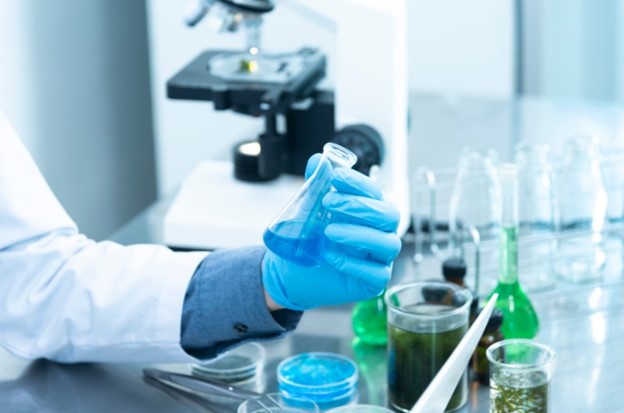What is Synthetic Diesel (Syn Diesel)?
Synthetic diesel is a revolutionary fuel that offers a sustainable alternative to traditional diesel refined from crude oil. Unlike conventional diesel, this diesel is produced through advanced chemical processes that do not directly depend on fossil fuels. Instead, it involves the recombination of hydrogen and carbon monoxide through Fischer-Tropsch synthesis, resulting in a range of synthetic hydrocarbons.
Its clean-burning nature and sulfur-free composition characterize synthetic diesel. Unlike traditional diesel, it is not only devoid of sulfur, but also other harmful petroleum byproducts, making it a more environmentally friendly option. Additionally, SynDiesel can seamlessly integrate into existing diesel engines and can even be blended with petroleum-derived diesel, offering flexibility, ease of adoption, and seamless integration into current infrastructure.
Production Methods
Synthetic diesel is produced through a sophisticated catalytic process known as Fischer-Tropsch synthesis, which involves the recombination of hydrogen and carbon monoxide to create a diverse range of synthetic hydrocarbons. The production of synthetic diesel begins with the selection of appropriate feedstocks. Common sources include natural gas, coal, biomass, and even unconventional materials like municipal solid waste. These feedstocks serve as the raw materials for the Fischer-Tropsch synthesis process. Developed in the early 20th century, the process involves catalytic reactions that transform carbon monoxide and hydrogen into hydrocarbons. These hydrocarbons can range from simple gases to complex liquid fuels like synthetic diesel.
Catalysts play a crucial role in this synthesis by facilitating the chemical reactions necessary for hydrocarbon formation. These catalysts are typically composed of metals like iron, cobalt, or ruthenium, which enhance the efficiency and selectivity of the process. Once the synthesis is complete, the resulting mixture undergoes refinement to isolate the desired synthetic diesel fuel. This may involve processes such as distillation, hydrogenation, and purification to remove impurities and ensure the fuel meets quality standards.
Quality Control and Environmental Considerations
Quality control measures are implemented throughout the production process to ensure the final product meets regulatory requirements and industry standards. Comprehensive testing and analysis are conducted to assess factors such as purity, viscosity, and combustion characteristics. According to estimates by the U.S. Energy Information Administration, the transportation sector’s use of diesel fuel alone contributed 451 million metric tons of carbon dioxide emissions. This underscores the urgent need for eco-friendly alternatives like synthetic diesel. Syn Diesel diesel production prioritizes environmental sustainability by minimizing emissions and reducing reliance on fossil fuels. Additionally, innovative technologies, such as carbon capture and utilization, are being explored to further enhance the environmental performance of synthetic diesel production.
Future Prospects
While Syn Diesel offers numerous environmental benefits, challenges like high capital costs and competition from alternative fuel sources remain. However, ongoing research and development efforts are driving innovation in cleaner, greener fuel technologies. As the demand for sustainable energy solutions continues to grow, the potential of synthetic diesel to revolutionize the transportation sector becomes increasingly apparent. From novel feedstock sources to enhanced catalysts and process efficiencies, the future of synthetic diesel production holds immense potential for innovation and sustainability.
Shaping a Cleaner Future
Synthetic diesel is the forefront of the transition towards sustainable energy solutions, offering a cleaner, greener alternative to conventional diesel. With ongoing advancements and a growing focus on environmental stewardship, the potential of synthetic diesel to reduce emissions and mitigate the impact of fossil fuels continues to expand, shaping a brighter, more sustainable future for generations to come.
Lee Enterprises Consulting
Lee Enterprises Consulting has over 180 experts that can help navigate your bioeconomy needs. If you need assistance with your synthetic diesel projects and related matters, please contact us.
